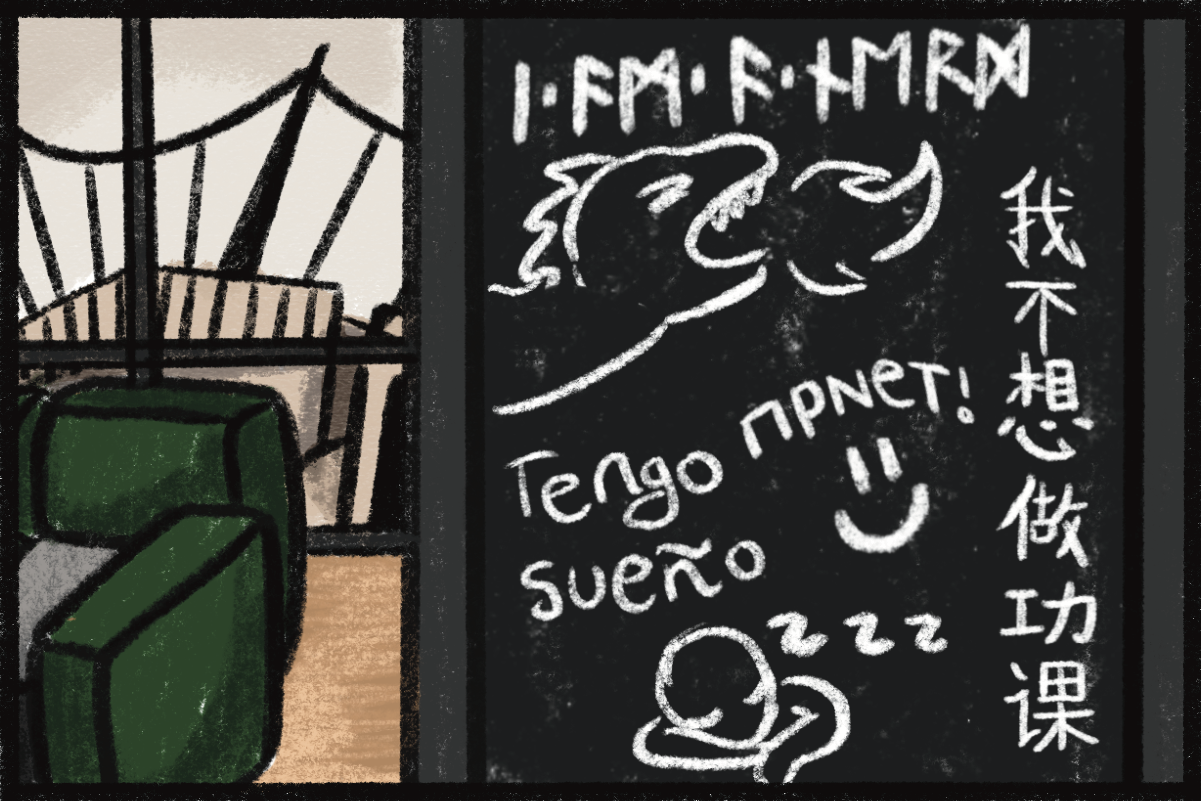The Zika virus has been dominating world health news for the past few months.
What was previously considered a minor issue has now been declared a Public Health Emergency of International Concern by the World Health Organization.
The outbreak has been linked to severe birth defects including microcephaly and neurological problems. In adults, this can take the form of muscle weakness and nervous system damage known as Guillain-Barre syndrome.
The first serious outbreak of the virus was first reported in the Yap Islands of Micronesia in 2007. The outbreak has now been documented in 64 countries and territories including Africa, the Americas, Asia and the Pacific, according to the Centers for Disease Control.
Although the exact origin is up for speculation, some experts believe the current Latin American outbreak began when infected travelers came to the FIFA World Cup 2014 in Brazil. With Rio de Janero being the host city for the 2016 Summer Olympics, the chance of the disease spreading is high.
The Zika virus is primarily transmitted through bites from Aedes aegypti mosquitoes, found in tropical regions. Time of exposure to the time symptoms are noticed is a few days. There is currently no treatment or vaccine for the Zika virus.
The World Health Organization has posted instructions on its website on how to best prevent transmission of the virus for people who are traveling in high risk areas.
As summer approaches, people are urged to remember basic mosquito prevention. Apply plenty of insect repellent and wear light-colored clothing that covers as much of the body as possible. Empty and clean containers of water, which are breeding sites for mosquitoes.
If you are planning travel to any of the affected areas this summer, you are advised to take precautions.















































